
Oncology
Latest News
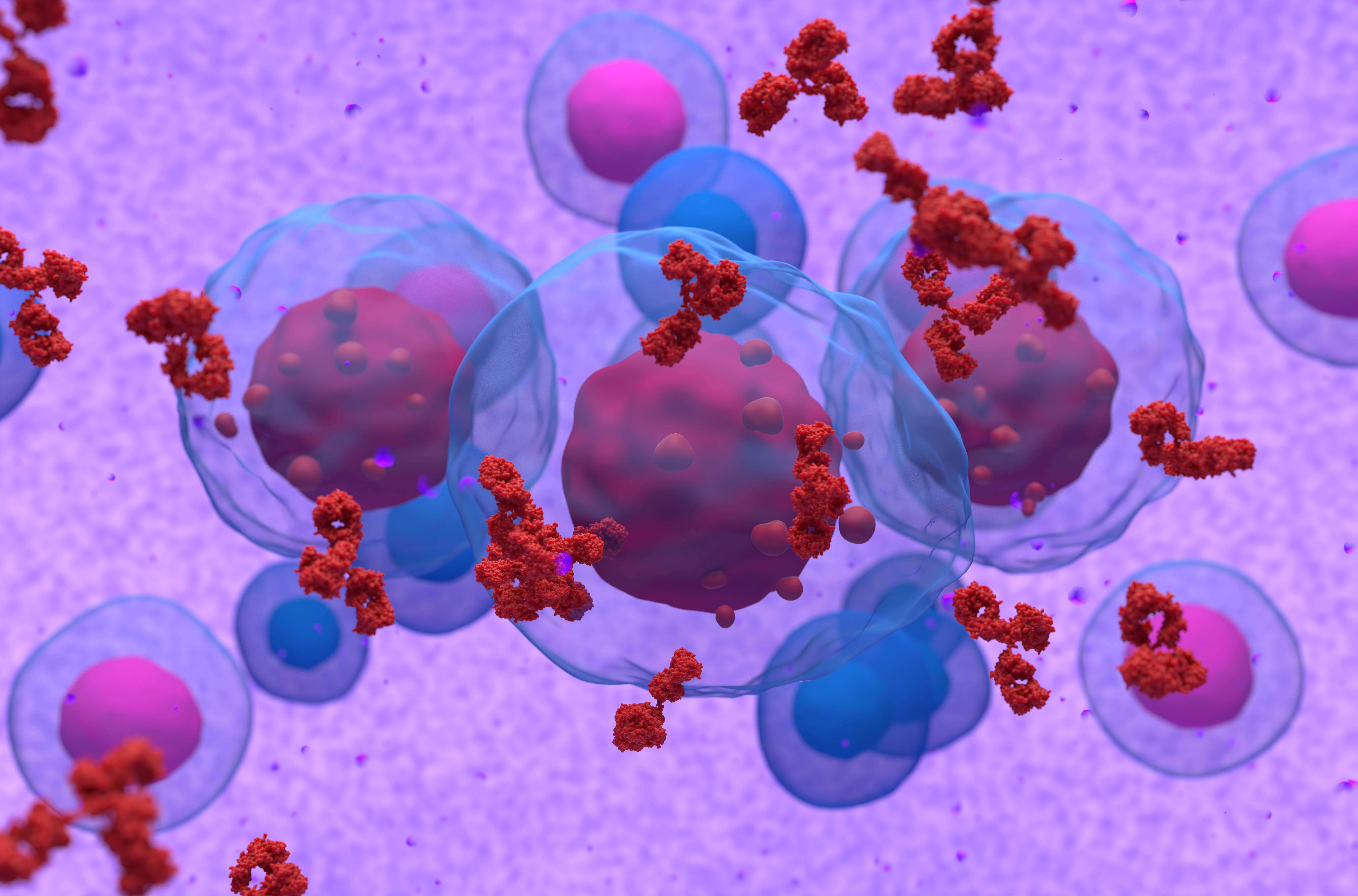

FDA Grants Accelerated Approval to Lifileucel, First-Ever Immunotherapy For Unresectable, Metastatic Melanoma
CME Content

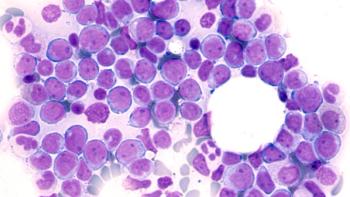


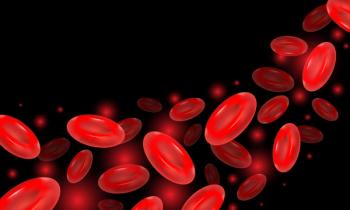
Biologic approvals ranged from gene therapies for hemophilia A to a cellular therapy to treat type 1 diabetes.

Study findings shed light on the disproportionate burden of type 2 diabetes (T2D) and colorectal cancer faced by individuals with low socioeconomic status and those of African American race.
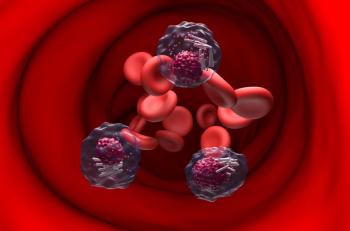
Social determinants of health (SDOH), such as financial disparities or lack of insurance, create barriers to accessing breakthrough therapies like BTK inhibitors among patients with CLL and SLL.

Three posters presented at the 65th American Society of Hematology Annual Meeting and Exposition looked into the efficacy and safety of the therapies.

Data from the Surveillance, Epidemiology, and End Results (SEER) database were reviewed.
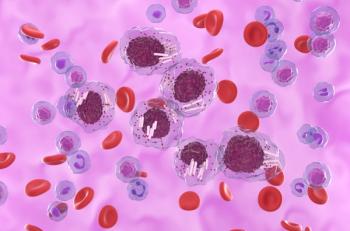
Six posters presented at the 65th American Society of Hematology Annual Meeting and Exposition looked at how treatments are impacting care for this patient population.
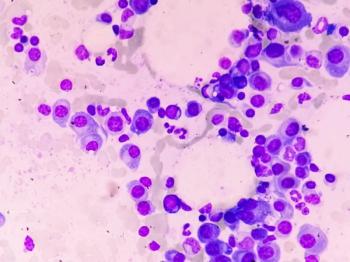
Understanding the adverse event profile of bispecific antibodies can aid treatment selection and improve patient outcomes.
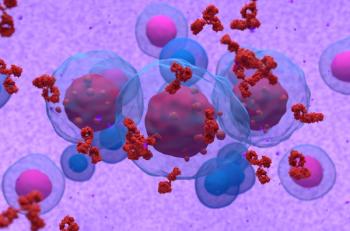
Results of the phase 3 PERSEUS study were presented at the 2023 ASH Annual Meeting and Exposition.

In a conversation from this year's Healthcare Advocate Summit, Randy Falkenrath demystified the oncology medication management model and explained how specialty pharmacist can help patients access care.
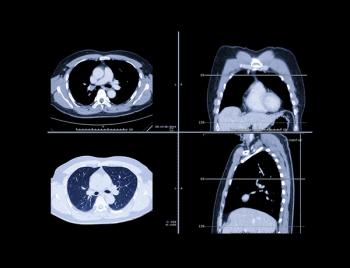
Although early computed tomography (CT) screening was associated with improved cure rate for patients with lung cancer, less than 6% of the population that is eligible receives it.

The World Cancer Research Fund (WCRF) and American Institute for Cancer Research (AICR) Cancer Prevention Recommendations were updated in 2018 and encourage adopting healthy lifestyle habits.

Findings detailing long-term breast cancer outcomes for women who received a false-positive result underscore the significance of false-positive results as a critical public health issue.

Black patients reported associating negative emotions with experiences of racial discrimination long after the experience concluded, raising concerns about long-term health outcomes.

In a population of 1191 patients with early-stage breast cancer, 20.7% of patients with a vitamin D deficiency experienced grade 3 or higher sensoryCIPN.
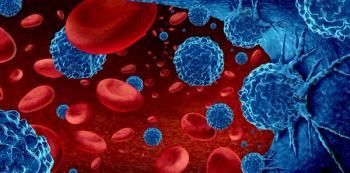
The FDA acceptance marks the first step in addressing the unmet need for a lasting treatment option for patients with relapsed/refractory chronic lymphocytic leukemia or small lymphocytic lymphoma.

During a session at AMCP Nexus 2023, presenters discussed the delicate balance between cost and innovation as it relates to forthcoming oncology treatments.

Some factors that influence the inequities in cancer care include historical, structural, systemic, and interpersonal factors.

Study results suggest an association between lung cancer, low high-density lipoprotein cholesterol, waist circumference, and glycated hemoglobin.

Accurate characterization and differentiation of acute pain during radiation therapy may help facilitate symptom management for patients with oral cavity and oropharyngeal cancers.

Survivorship care for patients with colon cancer should include comprehensive coordination between oncologists, specialists, and primary care providers and include psychological and economic factors in addition to standard health recommendations.

Geriatric screening and assessment have not been widely used, despite international society recommendations for screening older patients with cancer.






















